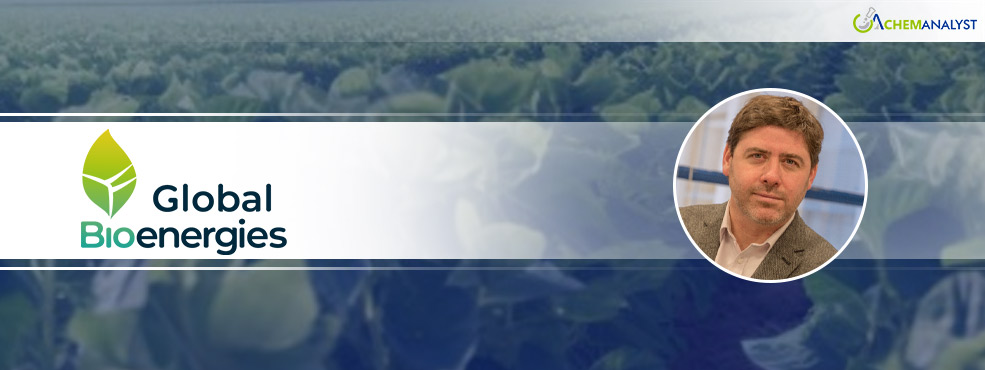Welcome To ChemAnalyst

Global Bioenergies, a leader in the development of sustainable bio-based technologies, has signed a term sheet with a major international industrialist (identity undisclosed) to co-develop a groundbreaking process aimed at producing Sustainable Aviation Fuels (SAF). This collaboration, which combines Global Bioenergies' bio-isobutene technology with the industrial partner’s proprietary process, seeks to significantly reduce SAF production costs while enhancing CO2 reduction, marking a major step forward in the aviation industry's push toward decarbonization.
If the development proves successful, the new SAF production process could help meet ambitious global SAF targets, with expected commercial availability by 2030.
According to Marc Delcourt, co-founder and CEO of Global Bioenergies, the partnership follows the company’s successful achievement of ASTM certification in the summer of 2023. He explains, “We’ve teamed up with a large industrial partner who recognized the perfect synergy between our technology and theirs. Together, we’re working to overcome two of the most significant barriers in SAF production: capital expenditure (capex) and operating expenses (opex).”
Currently, the primary commercial SAF production technologies, such as the HEFA (Hydroprocessed Esters and Fatty Acids) process and its co-processing variant, rely heavily on feedstocks like used cooking oil and animal tallow. However, these resources are quickly becoming limited, leading the SAF community to seek out more sustainable and scalable solutions.
Frédéric Ollivier, Chief Technology Officer (CTO), highlighted the simplicity and efficiency of the combined process. He notes, “Our collaboration will streamline the SAF production process, making it easier to implement in existing facilities. By focusing on reducing feedstock, capex, and processing costs, the process can be implemented in existing biorefineries—such as corn dry mills—with minimal retrofitting. This will be a game-changer in terms of lowering overall investment needs, while also offering substantial CO2 savings.”
Martin Stephan, Chief Business Officer (CBO), pointed out the financial hurdles that could hinder the growth of the SAF sector. He cited a recent IATA report estimating that $3.84 trillion in investment will be required over the next three decades to build the necessary infrastructure to support net-zero aviation. “Our technology combination has the potential to reduce capex by four times compared to existing SAF technologies, and we’re already seeing considerable interest from the industry,” said Stephan.
The SAF market reached 1 million tons per year in 2024, or roughly 0.3% of global jet fuel production, but it is projected to soar to 16 million tons annually by 2030 and up to 250 million tons per year by 2050, fueled by increasing mandates in Europe and the U.S. Additionally, countries like the UK, Japan, and Singapore are progressively adopting SAF production mandates, further increasing demand.
We use cookies to deliver the best possible experience on our website. To learn more, visit our Privacy Policy. By continuing to use this site or by closing this box, you consent to our use of cookies. More info.
